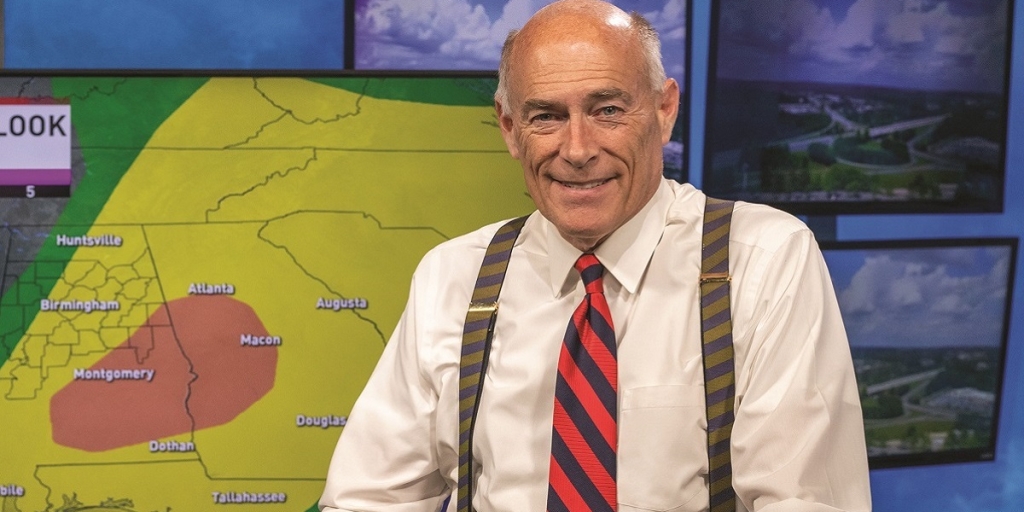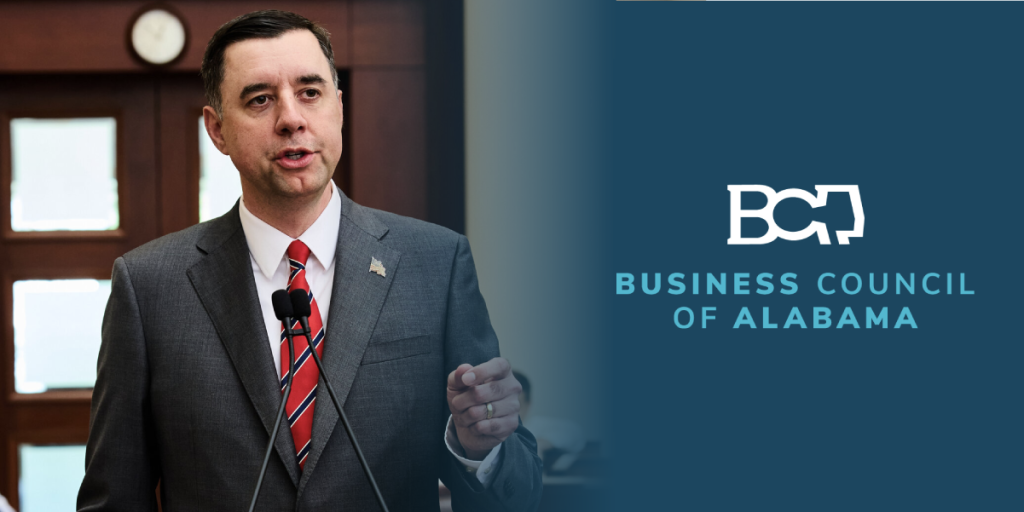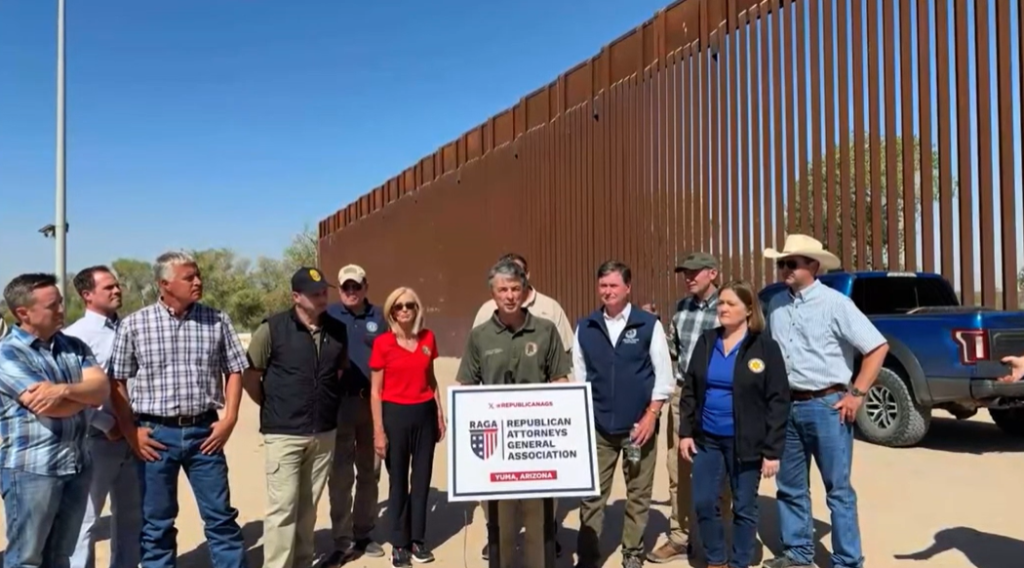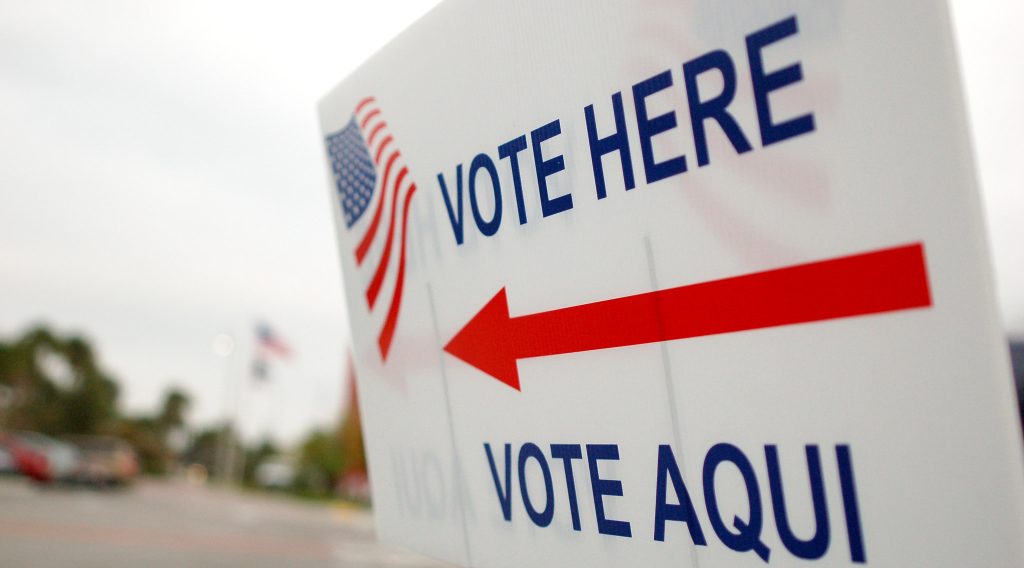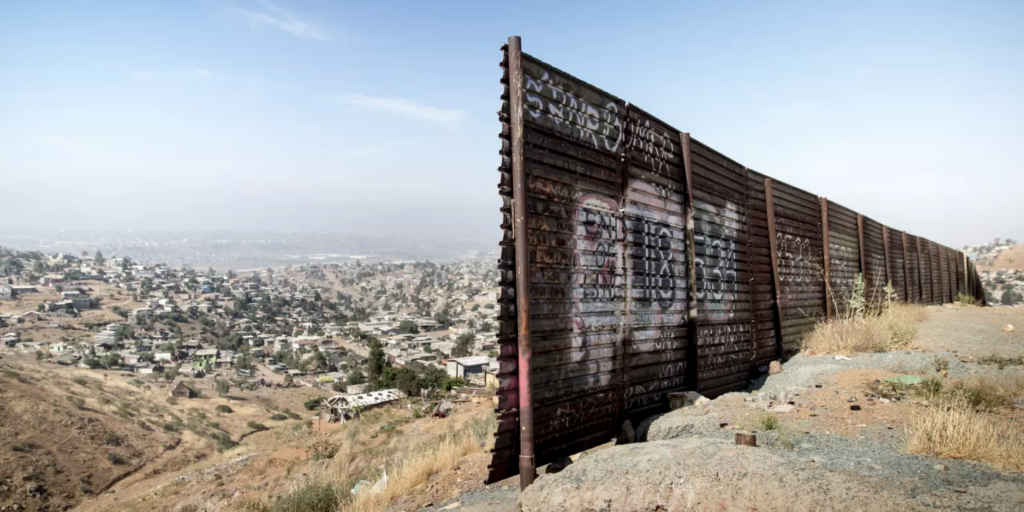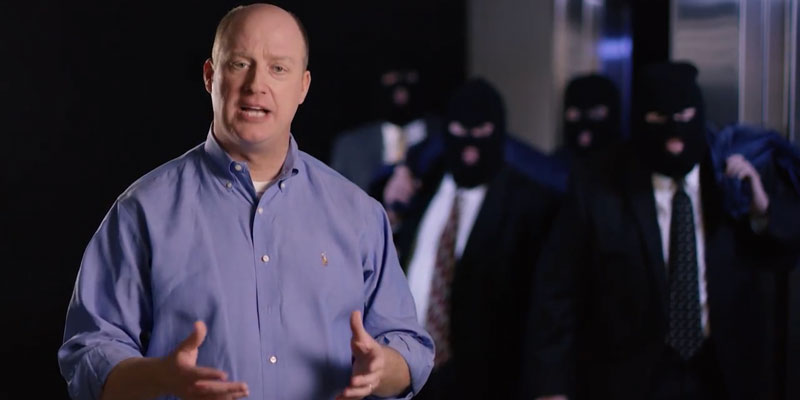Attorney General Steve Marshall concluded a four-city series of “Faith Forums” at The Rock Family Worship Center in Huntsville Tuesday, telling attendees that when it comes to violent crime, opioid addiction, and addressing security risks in schools and churches, “reactive” arrests and prosecution can’t be the only solution.
“The church has the opportunity to be proactive” during the growing crisis, Marshall said, pointing to alarming statistics showing violent crime is at a 20-year high in Alabama, with numbers of sexual assaults, murders and aggravated assaults nearing totals not seen in the state since 1995.
“That’s a violent crime every 21 minutes,” he said.
At the same time, nationwide opioid addiction is rampant and growing worse, with opioid overdose deaths on a sharp incline, according to forum speaker Shannon Royce, director of the Center for Faith-Based and Neighborhood Partnerships for the U.S. Dept. of Health and Human Services.
“This is not like the heroin [crisis] in the 70s and the cocaine epidemic of the 80s and 90s,” Royce said. “This is so much bigger.”
In Alabama, more than 750 people died of drug overdose in 2016 (the most recent data available), and nearly half were opioid overdoses from prescription painkillers, fentanyl, and heroin.
WATCH: Opioid addiction hits home for Miss Troy University 2018 Madison Neal
Royce said Alabama is not the worst state for opioid overdose deaths – West Virginia has that distinction – but we’re in the bottom third.
“It’s probably going to get worse [nationally] before it gets better,” Royce said.
Which is why churches must get in the game, reject apathy and fear of criticism, and embrace the idea that there is value in fighting, regardless of how enormous the challenge may appear, Marshall said.
“There is a place for anger, righteous anger,” he said, pointing to biblical examples of Jesus Christ confronting wrong-doing.
“Y’all, in some ways, when we fail to speak, we lose our voice,” said Marshall. “And who better to speak than [pastors]? As an elected official, I don’t always have that credibility, but you do.”
Marshall said that church leaders should look for violent crime risk factors among youth, such as a young person’s family situation and education level, and then actively promote church involvement, family togetherness, and mentoring, which he said protect against the risk factors.
“If someone is involved in a church, that protects that person from being involved in violent crime,” he said. “… Faith-based programs are statistically more successful.”
WATCH: Marshall on why mixing government and faith approaches shouldn’t be a concern
Marshall said churches need to move out of their silos to work with other faith communities, but acknowledged sensitivity is required when asked about the black Birmingham pastor who blasted Church of the Highlands for their plans to church-plant in the inner city.
WATCH: Marshall comments on Rev. Michael Jordan who called Church of the Highlands “racist”
“We have to get together and not just become aware, we’re already aware,” said The Rock FWC Senior Pastor Rusty Nelson. “We tend to get so busy and stick our heads in the sand and forget to work together in caring for people in need. …There are things government brings to the table and, as a faith community, we have answers too.”
Rachel Blackmon Bryars is managing editor of Yellowhammer News
Podcast: Play in new window | Download
Subscribe: RSS






